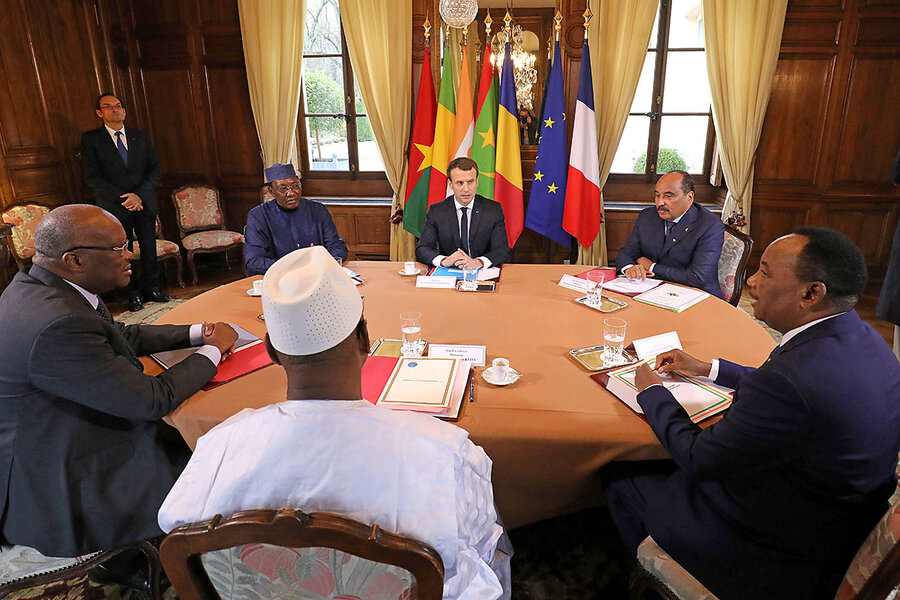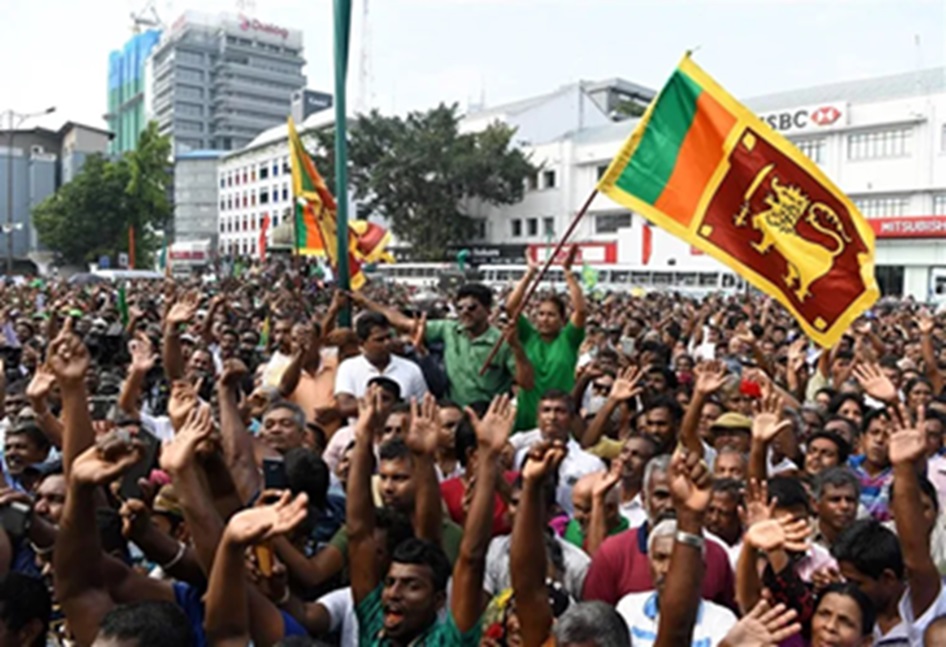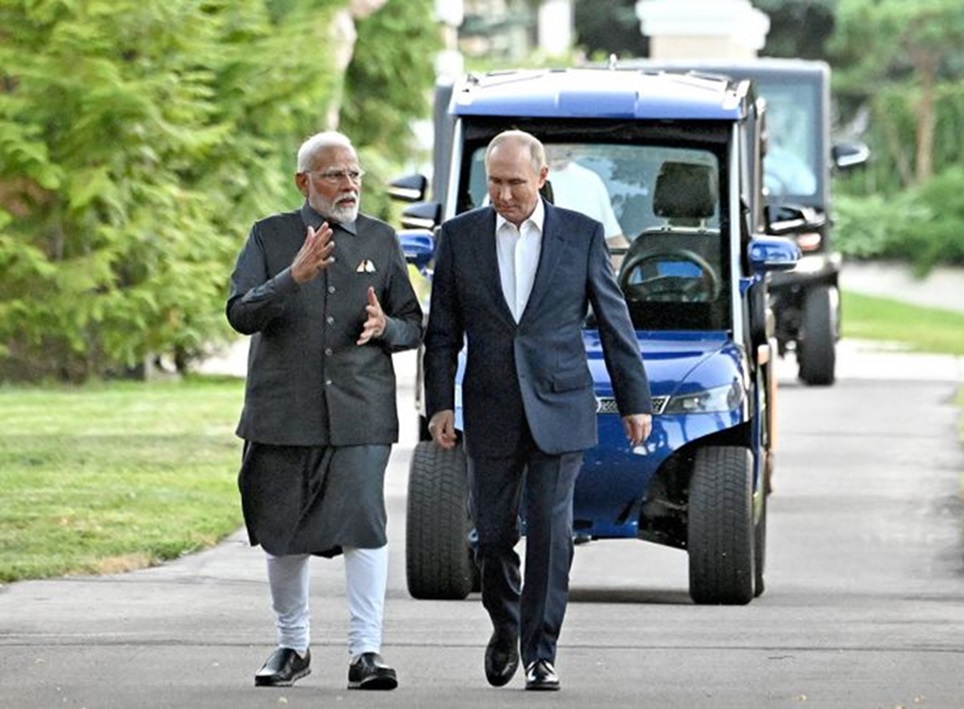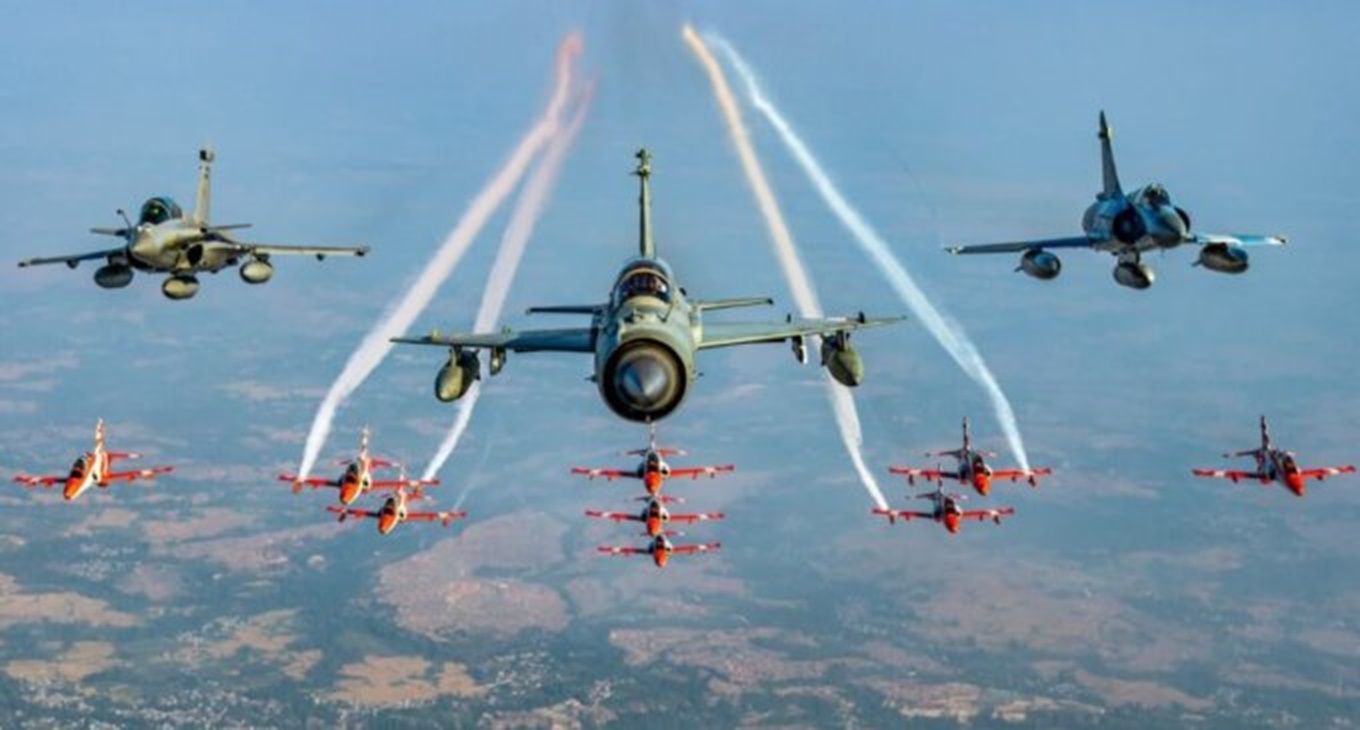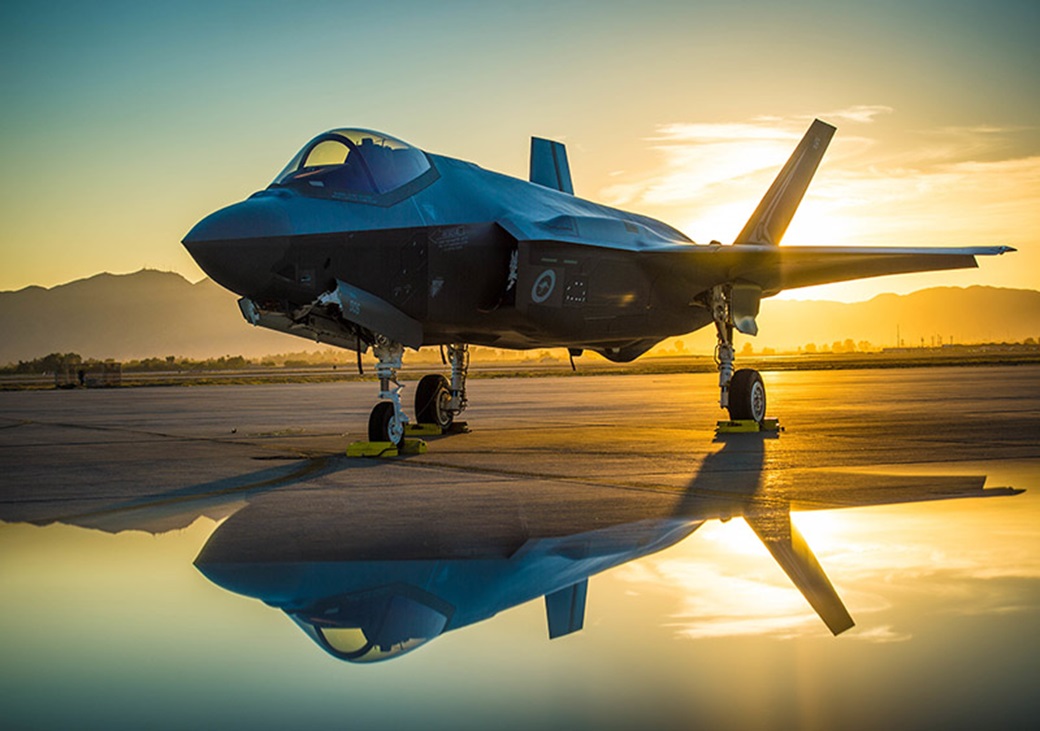France is a former colonial power that retains its military presence in Africa. But in recent months, several countries in West Africa have moved to end their military ties with France, demanding French troops leave the region.
I had visited Niger for the first time in the early 1980s when it was covered by our Embassy from Ivory Coast (Cote d’Ivoire). Ivory Coast was governed by the one-party rule of Papa Boigny ( Houphouet Boigny) the last strong man and a pro-French leader in Francophone Africa. It was also the beautiful show window of French assimilative culture which allowed them control over 83% of overall decision-making in the government through a Directeur du Cabinet ordinarily a French man. I know how difficult it was to break the glass ceiling if you wished to penetrate the Francophonie markets. The country was modern and broadly stable even though poverty reigned supreme. However, after Boigny, the country faced civil wars and an economic crisis.

Niger, rather poor yet somewhat stable, had marked French influence as its Uranium remained a formidable attraction for the colonial masters as well as wannabes like Pakistan who had an embassy there. The same was the story in the rest of the French-speaking world. I always thought that the French, due to their efforts to socialize and assimilate with the local populations, would be better placed than the British whose racist segregation made them hated by the countries they ruled. In my hometown, Nainital on the Mall Road, during the British Times placards indicated that “ Indians and Dogs are not allowed’. Some reactions in the Western media and commentariat on India’s exceptional Lunar Chandrayan 3 success still smack of the colonial mindset. But the French smarter approach has run its course.
As such in Africa, there is a greater realization that ‘Africa is for Africans ‘and they will decide their own destiny. Unfortunately, Corruption, coups, and conflicts have continued to mark the continent often with the connivance of the erstwhile or neo-colonial masters. Very often their leaders have failed them. Niger, which became the latest victim of the coup, is neither an exception nor it is the last one. Unless the gains of democracy and governance percolate to the most underprivileged and the last man on the ladder such recurrences will continue to happen. Democracy is simply a better form of governance but if it does not yield to the expectations of the masses and works only for the few, it is as bad as an autocracy. After 63 years of independence from France, Niger remains the 7th poorest country in the world ranking 189th among the 192 countries in the HDI rankings of the World Bank with a mean age of about 15 years – all this is a heady mix of frustration and conflict of the youth.
In Niger, the military coup (July 26) and its mass-based support and protests against the colonial power have become a convenient tool to justify the overthrow of the government of Mohamed Bazoum by General Abdurrahman Tchiani who was accused of working for the French and it was to prevent the country from ‘ the gradual but inevitable demise’. Bazoum had apparently decided to relieve Tchiani of his duties two days ago. In fact, while I was in Nigeria, a senior army officer claimed that many military officers were convinced of their final destination as the Head of the Government one day. French nuclear power plants get more than 20% of Uranium from Niger and that supply is threatened.No wonder French President Macron said that he will not tolerate any attack on his country or its interests. Now that Putsch leaders have given 48 hours for the French Ambassador to leave and the mission closed as their 2000-strong military base has been contained by the Niger military. Although the French government refuses to acknowledge the legality of the order by an unrecognized military government, the fate of the mission hangs in the balance. The French also refused to give the agreement to the new Nigerian Ambassador while their Ambassador refused to meet the new Junta Foreign Minister. Junta has also cancelled all military and other cooperation agreements with France which Paris has declined to recognize.
This time the situation has further been worsened and complicated as the ECOWAS which has a standing force broadly led and manned by Nigeria to be deployed in such situations, has threatened to restore ‘constitutional order’ and the deposed President by force, if the coup leaders did not agree. Timelines have passed. In fact, the Nigerian Senate did not accord approval to the proposal of new Nigerian President Tinubu to send the Nigerian contingents as part of ECOWAS to restore order in Niamey. ECOWAS does have a good track record but Nigeria itself is going through its own financial and domestic problems which the polity does not want to be compounded by the invasion of Niger. Coup leaders have warned against any misadventure and are ready to give a fight if attacked by any outside power. What is challenging the African Unity and efforts to restore democracy by taking decisive action against military coup leaders is the fact that this time two other military leaders of Mali and Burkina Faso in the Sahel have also joined the warning by Niger and are coordinating their joint military plans to defend Niger, if the Ecowas or any other power intervened. This has called into question the reliability and capability of the regional organizations to take action in such situations except suspending their membership and cooperation at the African Union (AU) and other regional organizations.
The Sahel stretches from the Atlantic Ocean eastward to Sudan and Eritrea. It cuts through Senegal, Mauritania, Mali, Burkina Faso, Niger, north-eastern Nigeria and Chad. There have been five coups in the Sahel and six in the broader West African region in the last three years. Military Coup d’état is becoming fashionable and frequent. The destabilization of Libya, post NATO invasion, has added the greater threat of terrorism and extremism especially Jihadis and Islamic extremists and AQ, ISIS, and Boko Haram in the Sahel and beyond who will have a field day in the current situation. Niger has been a partner in fighting against radical outfits which will surely be compromised. Mali has also asked the UN Peacekeepers to leave by the year-end while asking foreign forces to move out.
Chad’s President also tried to intervene with coup leaders in Niger, who want three years for transition to civilian rule which is a challenge difficult to entertain by the AU and ECOWAS at least for now. With these Sahel countries’ shared opposition to France and its Western allies and a growing preference for Russian partnership and Wagner presence despite the death of its leader Prigozhin in an air crash, Mali, Burkina Faso, and Niger are merging into a de facto anti-west francophone faction within Ecowas. This further complicates the issues even more and will undermine the ECOWAS’s credibility and efficacy for good.
These fissures and confrontations will also have a major impact on the cross-border projects. Niger is an important transit country for Nigerian pipelines like the $25 bn Nigeria- Moro gas project for the supply of gas to Europe. Moreover, Nigeria‘s Water and Power exchange agreements with neighbouring countries including Niger have been threatened, which also explains Nigeria‘s proactive efforts supported by the West and AU and the larger international community.
Russia, although has asked the coup leaders to allow the return of Bazoum, will not yield the vacated strategic space and has invited several leaders for the Russia-Africa St. Petersburg Summit. During the pro-coup demonstrations “ Down with France and Long Live Putin’ and Russian flags were a common sight. Therefore it is a country that Western countries cannot afford to lose because of who will win: Russia. As a result, the Sahel will turn into a fertile turf for more global superpower confrontations. Meanwhile, an ECOWAs delegation finally met Bazoum and Tchiani last week but an acceptable resolution is not in sight. Eventually, dialogue and accommodation might be the only way out like elsewhere.
Economics has its own logic and for the common man, it is also their predicament. Humanitarian crisis is there for everyone to see as more than three million people are facing food insecurity and a large number of Nigeriens have become internally displaced. While it is difficult to predict the way it will all unfold, for the French the writing on the wall is clear as Niger becomes more destabilised. Macron, last March himself had admitted that the age of ‘Franc Afrique’ is gone ( Passe) while advocating a new era in relations, whose trajectory only time will tell.
But then late French President Jacques Chirac acknowledged that “without Africa, France will slide down into the rank of a third [world] power.” Voila …
Disclaimer: The views and opinions expressed by the author do not necessarily reflect the views of the Government of India and Defence Research and Studies
Image Courtesy: csmonitor.com
Article courtesy: Financial Express

